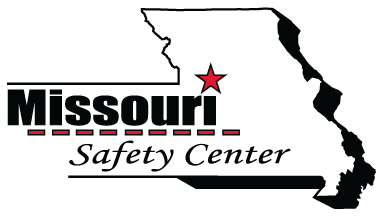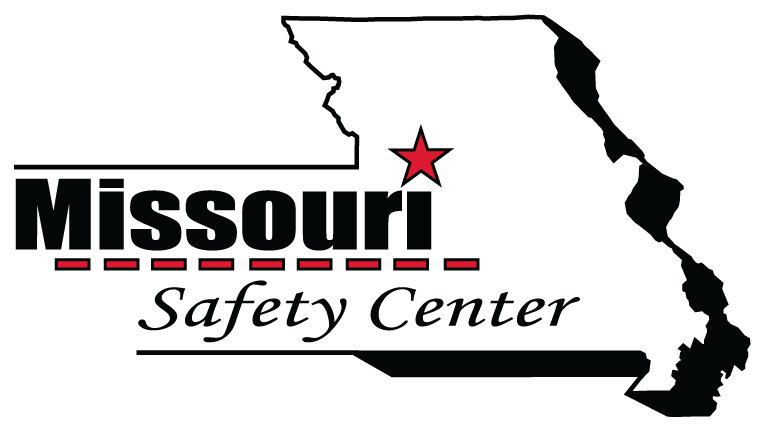SFST Basic Refresher – 4 Hour & Drugs that Impair
Course Description
Proficiency in detecting impairment from both alcohol and drugs is critical for today’s law enforcement officers. This intensive 8-hour course combines SFST Basic Refresher and Drugs That Impair training, providing essential skills to confidently address all forms of impaired driving. Refresh your SFST expertise and gain critical knowledge of drug-impaired driving, ensuring accurate and legally sound impairment recognition, investigation, and documentation. From the roadside to the courtroom, this course integrates the most current legal precedents, research-validated best practices, and specific indicators of alcohol and drug impairment. Practical exercises and in-depth instruction will refine your techniques and build confidence in detecting and addressing the full spectrum of impaired driving, contributing to safer communities and enhanced public safety.
Course Objectives and Outcomes
Initial Impairment Detection
Gain essential skills for impairment detection, covering both alcohol and drugs. Officers will examine Vehicle in Motion and Personal Contact phases to expertly identify key indicators of any impairment type. Driving behavior cues for alcohol and drugs, post-stop observation techniques, recognition of influence symptoms, understanding safe driving demands, and effective questioning techniques are all included.
SFST & Drug Indicators
Refine SFST expertise and master the recognition of observable drug indicators. This section reviews the three SFSTs and introduces drug impairment cues. Participants will explore nystagmus categories, master SFST administrative procedures, examine test cues, analyze validation studies, and correlate SFST results with potential drug categories.
Legal Framework for DWI
Stay up to date on the current legal framework for all impaired driving. You will receive a vital legal update on DWI law, covering legal definitions, Missouri statutes, case law precedents relevant to alcohol and drug cases, and procedures for license actions related to all impairment types. By ensuring enforcement practices in both alcohol and drug-related cases are legally defensible, officers will maintain the integrity of their DWI investigations.
DWI Report Writing
Refine your critical documentation skills for successful impaired driving cases, regardless of substance. Emphasis is placed on best practices for report writing, including adapting the Alcohol Influence Report (AIR) for drug cases. Participants will learn to construct clear, comprehensive narrative reports documenting indicators of alcohol and drug impairment, and master legally sound paperwork procedures for all impairment types.
Practical Application Scenarios
Solidify your skills through hands-on exercises that apply SFSTs and drug recognition knowledge in realistic scenarios by practicing and refining SFST administration and applying drug indicator knowledge in simulations. Expert guidance and personalized feedback will build confidence in responding to both alcohol and drug-impaired drivers.
Drug Categories & DRE Procedures
Delve into drug-impaired driving and learn to identify and categorize the seven drug categories and associated indicators. Officers will gain critical knowledge for recognizing drug impairment beyond alcohol and understanding Drug Recognition Expert (DRE) contact procedures, effectively addressing drug-impaired driving and understanding the vital DRE role for comprehensive impairment enforcement.
Other Information
This course is approved by Missouri P.O.S.T. and provides the following Continuing Education Hours: [SFST] 3 Technical hours and 1 Skill hour; [Drugs that Impair] 4 Technical hours.
This SFST Basic Refresher training program is intended for refresher training only. This program is not a substitute for the NHTSA/IACP approved DWI Detection and Standardized Field Sobriety Testing training.
Tuition is waived for qualified Missouri Law Enforcement Officers through funding by MoDOT grants. Agencies are responsible for lodging and other expenses unless otherwise noted.

